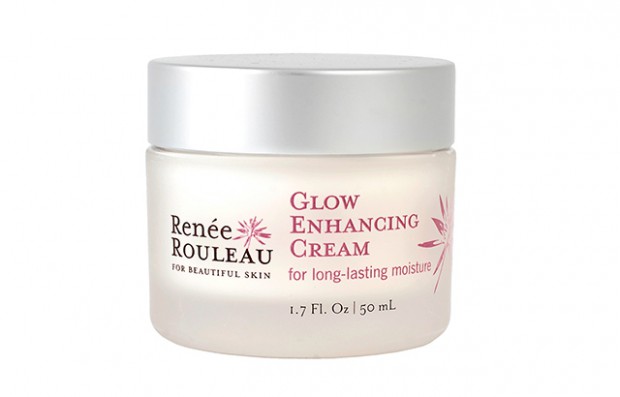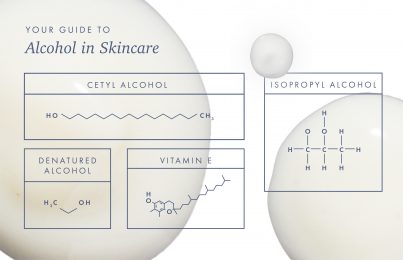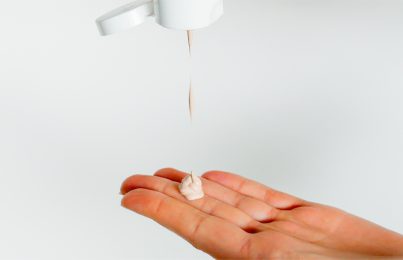I recently returned from taking an advanced cosmetic chemistry course at UCLA and acquired so much exciting knowledge about new technological advancements in skin care, aging, and the latest cosmetic ingredients. I was particularly fascinated by the discussions that were concentrated on stress-related aging.
When we studied this topic, we focused on our U.S. Presidents since their job is consistently demanding and, as one can only imagine, tremendously stressful. We looked at pictures of several former Presidents before, during, and after their time in office. It was truly astonishing how much and how quickly their physical appearance had aged. (President Clinton definitely showed more visible just from the Monica Lewinsky scandal!)
In fact, Secretary of State, Hilary Clinton just said on December 3, 2010 that the now graying Obama was yet another example of how the White House takes its toll. “Every president, if you watch what they look like when they come into office, you can see their hair turn white because it’s such a hard job.”…
There’s no question, stress really does affect our skin and bodies. It is well accepted that stress can cause almost any illness or disorder to worsen or to become more pronounced. In some cases, stress may be the sole factor in triggering a biological issue.
In regards to stress and how it relates to the skin, I am a firm believer of the free radical theory of aging. This theory says that a main reason why we age is because unstable electrons in molecules, known as free radicals, attack healthy cells and change their composition so that they do not function the way normal, younger cells do.
What is a free radical?
Free radicals are unstable molecules. Instead of paired electrons spinning around the nucleus, there is only one. This causes the molecule to become unstable. The single electron wants to be paired so it attaches itself to other molecules in the body causing cellular damage. These free radicals are very potent toxins that damage our skin because they attach to the proteins and other essential molecules making them unstable and unable to function normally, causing premature death of a cell. (I know it sounds tragic!)
What are some causes and types of free radical damage?
Stress is certainly a major contributor but the sun, pollution, smoking, fatty foods, and even aerobic repetitive exercise can be causes of free radical damage. DNA, lipids, and proteins that make up the cells, are the parts of the cells that become damaged. This slows down the production of collagen and elastin, which are essential for keeping the skin firm enough to prevent wrinkling. This happens beneath our skin very gradually, making wrinkles, brown spots, and sagging apparent over time.
Can this process be slowed?
Antioxidants to the rescue! When antioxidants such as stabilized Vitamins A, C and E, are applied topically (use Vitamin C&E Treatment) and taken internally, they slow the aging process and stop the free radicals from oxidizing the molecules. Foods such as vegetables and fruits (look for the darker pigmented fruits and veggies) are high in antioxidants and are extremely important in our daily diets. Make sure you’re regularly eating the ten best antioxidant foods.
Recent scientific research has shown that today’s antioxidants can be extremely effective in preventing premature skin aging when added in high concentration to anti-aging serums. So even though stress is difficult to avoid in our busy lives, antioxidants certainly help to counteract some of the negative effects relating to the skin.
So even though stress is inevitable, you can truly help reduce some of the damage it can cause. Also, meditation, yoga, proper sleep and a good hot bath can make a big difference too.
Read: Can Getting a Good Night’s Sleep Reduce Acne?
Which skin care products are right for you? See our nine skin types and get products recommended or schedule My Skin Prescription to get personalized advice.
Read: The Best Moisturizer to Get Brighter, Glowing Skin
Read: Is Your Skin Fading? Tips to Get the Glow
For more expert skin advice, check out Skin Source–the A-Z guide on all things skin. Also sign up for our skin tip e-newsletter, follow Renée Rouleau on Twitter and join the discussion on our Facebook page. You’ll be your own skin care expert in no time!
Celebrity Esthetician & Skincare Expert
As an esthetician trained in cosmetic chemistry, Renée Rouleau has spent 30 years researching skin, educating her audience, and building an award-winning line of products. Her hands-on experience as an esthetician and trusted skin care expert has created a real-world solution — products that are formulated for nine different types of skin so your face will get exactly what it needs to look and feel its best. Trusted by celebrities, editors, bloggers, and skincare obsessives around the globe, her vast real-world knowledge and constant research are why Marie Claire calls her “the most passionate skin practitioner we know.”



